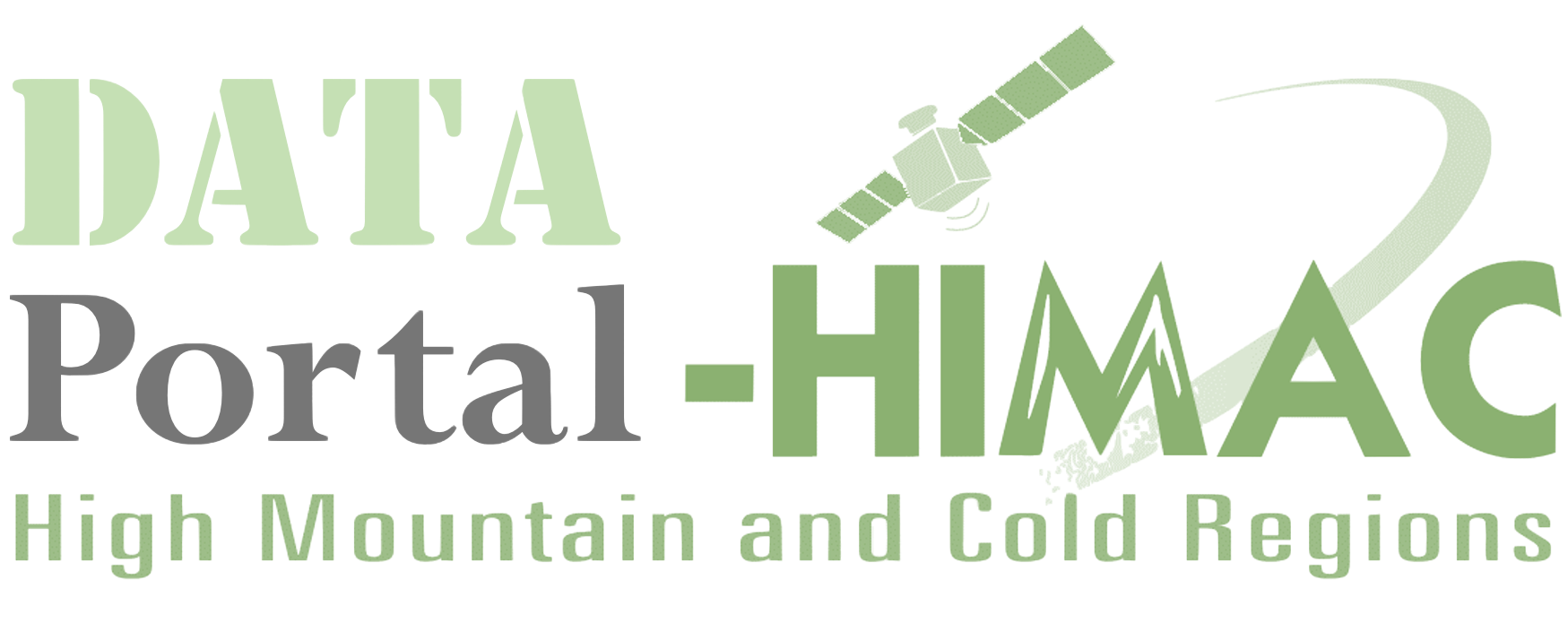You're currently viewing an old version of this dataset. To see the current version, click here.
Global Change Research Data Publishing & Repository
Data and Resources
Additional Info
| Field | Value |
|---|---|
| Source | http://www.geodoi.ac.cn/WebEn/Default.aspx |
| Last Updated | May 26, 2021, 02:35 (UTC) |
| Created | December 26, 2020, 11:59 (UTC) |
| Country | China |
| Data Management | Others |
| Data Policy | The GCdataPR aims to promote publishing high-quality and timely research data and knowledge on global change studies, to enhance the data and knowledge property protectable and openly accessible, security and reliable, computer identifiable and interoperable, and data reusable. Therefore, the data product published through GCdataR should be original by popular data format or special format with openly available computer software, and the article published through GCdataD must describe the metadata, data development method and data verification results. Data Sharing Principles in Developing Countries (The Nairobi Data Sharing Principles) |
| Data Sharing Principle | Data Sharing Principles in Developing Countries (The Nairobi Data Sharing Principles) Data should be open and unrestricted Data generated with public support, including private foundations, should be openly ac- cessible and subject to unrestricted (re)use, absent specific, justified reasons to the contrary (see Principle 10). Openness is especially beneficial for development purposes and research uses, but can benefit all society equally and have a multiplier effect on the economy. Data should be free to the end users In most cases, any cost for access is an insurmountable barrier to users in the developing world. Therefore, data should be free online to the user. In some special cases, access to data may be no more than the marginal cost of filling a user request. At the same time, it is re- cognized that adequate preparation and open availability of data require sufficient financial support (see Principle 7). Data should be informative and assessed for quality Data should be of known quality and integrity, and should be organized and described (with metadata) in datasets sufficient to allow them to be understood and effectively (re)used by others. Baseline technical and management standards need to be established, especially in the developing world where state-of-the art practices are not yet as prevalent. Adequate preparation and the use of non-proprietary software are especially important for any datasets expected to have long-term value. Data sharing should be timely Once datasets are sufficiently informative and quality controlled, they should be released as quickly as possible. This can be done in steps, starting with the metadata to avoid dupli- cation. In some cases, such as public emergencies and disasters, open release of relevant data should be an immediate priority. In other cases, such as research, data should be openly available no later than upon the publication or patenting of results. Users in developing countries have the most to gain from such policies. Data should be easy to find and access Upon the public release of any dataset, the provider should promote ease of access by the broadest user base. Diverse means of publication should be considered in recognition of po- tential connectivity and other technological challenges. Data should be interoperable, when necessary If data from a dataset are likely to be combined with data from one or more other datasets (e.g., in geospatially referenced research), special attention should be given to make such data technically, semantically, and legally interoperable. Data should be sustainable The life-cycles of any datasets that are expected to be reused by others should be planned at the outset with support sufficient to successfully implement the first six Principles. The lower availability of funding in developing countries, especially for long-term preservation, makes this a key priority so that valuable datasets remain intelligible and are not lost or in need of rescue. Cost recovery for data archiving and availability should not be borne by the users, consistent with Principle 2, but by other entities in the data lifecycle. Data contributors should be given credit A significant incentive for the open disclosure and “publication” of a dataset is the abilityto properly cite and attribute the contributor(s), whether internal or external to an organiza- tion. Any subsequent user of the data has at least an ethical obligation—and possibly a legal one—to cite and attribute the source of the data whenever they are reused, and not to misuse the data in any way. Such practices can also improve the integrity of the data sets made available by the contributors, in support of Principle 3. Data contributors in the developing world require greater recognition and rewards for such disclosure, and this should become common practice. A persistent digital identifier, attached to the dataset online, is the best way to promote this goal. Data access should be equitable Open access and use of data in developing countries, especially for public purposes, should be supported by the governments and institutions in the more economically deve- loped nations. Capacity building of essential experts and infrastructure in developing coun- tries should be a priority of international organizations. Similarly, experts in developing countries should join and actively participate in the relevant regional and international or- ganizations. Data may be restricted for a limited time, if adequately justified Restrictions may be placed on access to and uses of publicly funded data and datasets for specified periods of time. Justified restrictions may include specific protections of national security, personal privacy, intellectual property, confidentiality, and other values, such as indigenous peoples’ rights or location of endangered species. Nevertheless, the default rule should be one of openness, consistent with Principle 1, and any restrictions should be mini- mized to the extent possible. |
